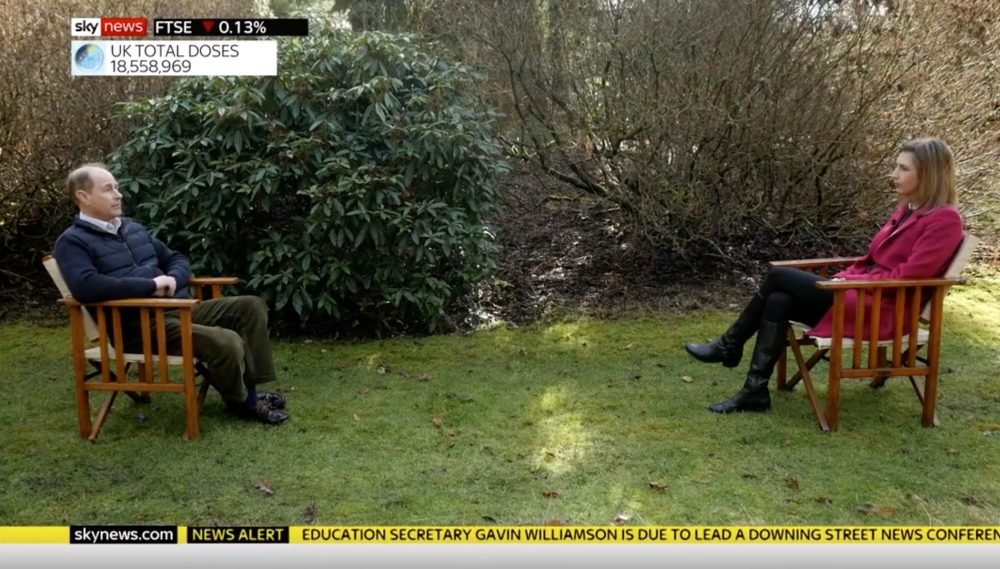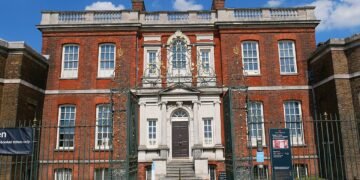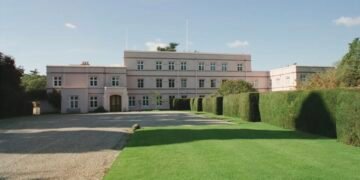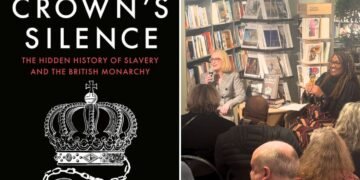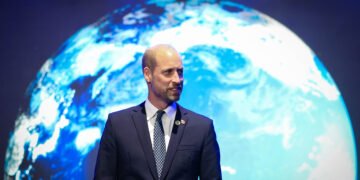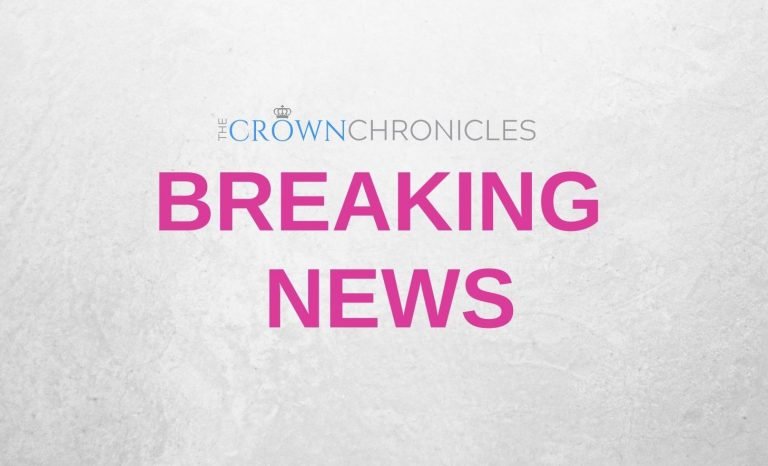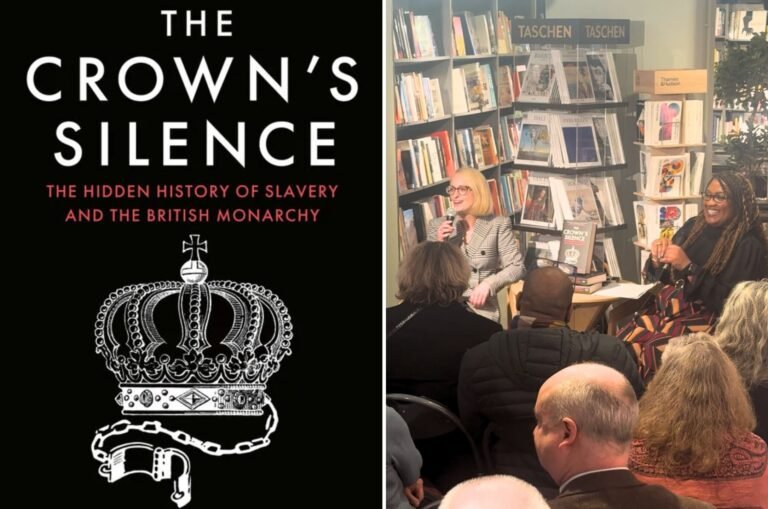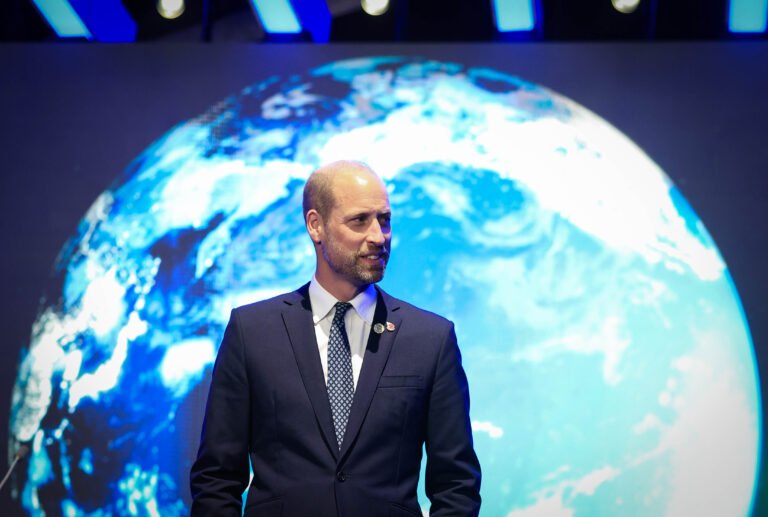The Earl of Wessex sat down for an interview with Sky News on Tuesday, where he stressed the importance of non-academic schemes during lockdown, his life during the pandemic and The Duke of Edinburgh Award.
Prince Edward’s interview comes as The Duke of Edinburgh Award has announced that catch up on school work should not come at the expense of extra-curricular activities. English schools are due to open their doors again in just under two weeks.

“We mind desperately about trying to help them catch up with their academic career,” Edward commented, “but at the end of the day we’re talking about what can we give young people at this time that’s really going to help them in the future – and how are they going to be ready for the world. And that’s not just about academics.
“I think the role of the non-formal in this present climate is going to be even more important than ever before because it’s those skills and experiences which are going to be looked for.”
The Duke of Edinburgh Award (DoE) was founded by Edward’s father, Prince Philip, in 1956. It was created with the aim o helping young people to develop skills that they will need for work, and life in general. The programme is for those aged from 14-24 and has different sections – Bronze, Silver and Gold.
Various members of the Royal Family have DoE Awards, including Prince Edward himself. The Earl achieved his Gold Award in 1986 and, in 1987, went on to become a UK Trustee of the charity and of the International Award Association. Edward was chair of the organisations International Council for 17 years and, in 2015, became Chairman of the Trustees of The Duke of Edinburgh’s International Award Foundation.
He is expected to be given the title Duke of Edinburgh when his brother, Prince Charles, is King, so that he can continue the award.
In the interview, The Earl of Wessex said that organisations like the DoE were ‘more important’ at this time than they ever have been before, able to give people a distraction or a break from school work.
The DoE has carried out research recently which showed that 70% of its participants feel that, due to academic pressures stemming from the pandemic, these vital extracurricular activities were being pushed out or cut altogether. Half of those asked said that these extracurricular have given them a positive focus during this pandemic.
“For so many, their academic careers have been completely disrupted and thrown into chaos,” The Queen’s son commented on the pandemic.
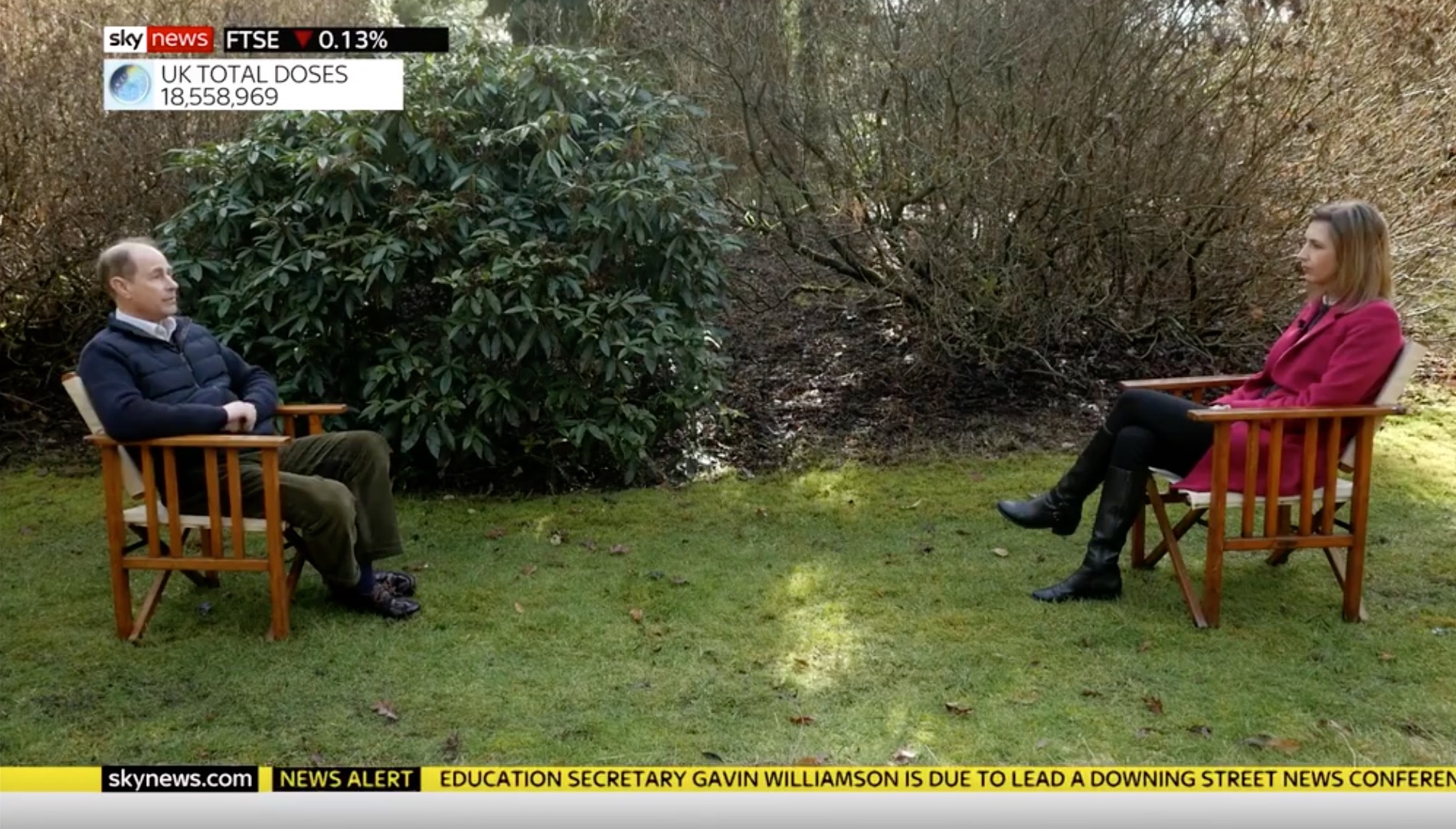
The Earl knows all too well how important extracurricular actives are for children who are currently trying to catch up on schoolwork. Himself and his wife Sophie have been home-schooling their two children, Louise, 17, and James, 13. The two are like ‘chalk and cheese’ when it comes to learning from home, according to their father.
Louise, who was due to sit her GCSEs last year, ‘struggles a bit with the online learning because she’d much prefer to be with everyone’, said the Earl. Speaking further about those unable to sit their exams like his daughter, the Royal said that ‘the longer-term impact is going to be immense’.
“We went through that whole pain of just having all of that suddenly taken away.”
Meanwhile, James ‘frankly thinks being at home and online is fantastic’.

But homeschooling can get on top of everyone from time to time, for both the students and the parents: “I have to say half term came at just the right time,” Prince Edward commented, something that many parents would agree with. “It was very interesting the frustrations that were beginning to show – and I reckon we weren’t the only family to have experienced that.”
Edward also took the time to reassure the public on the health of his father, The Duke of Edinburgh, in a clip that was released yesterday. The Duke was admitted to King Edward VII Hospital in London last Tuesday and, according to his youngest son, is ‘a lot better’, but is getting frustrated.
The DoE has teamed up with other global youth charities and are now working with the World Health Organisation and the United Nations Foundation to help channel young people’s skills and benefit others during the Covid-19 pandemic.
“We know that if you give young people those challenges, that they do respond positively and they will come up with the ideas,” Edward explained. “They will come up with the innovation and the imagination to see us through – and that’s the really positive thing about it.”
You can watch the segment here.

